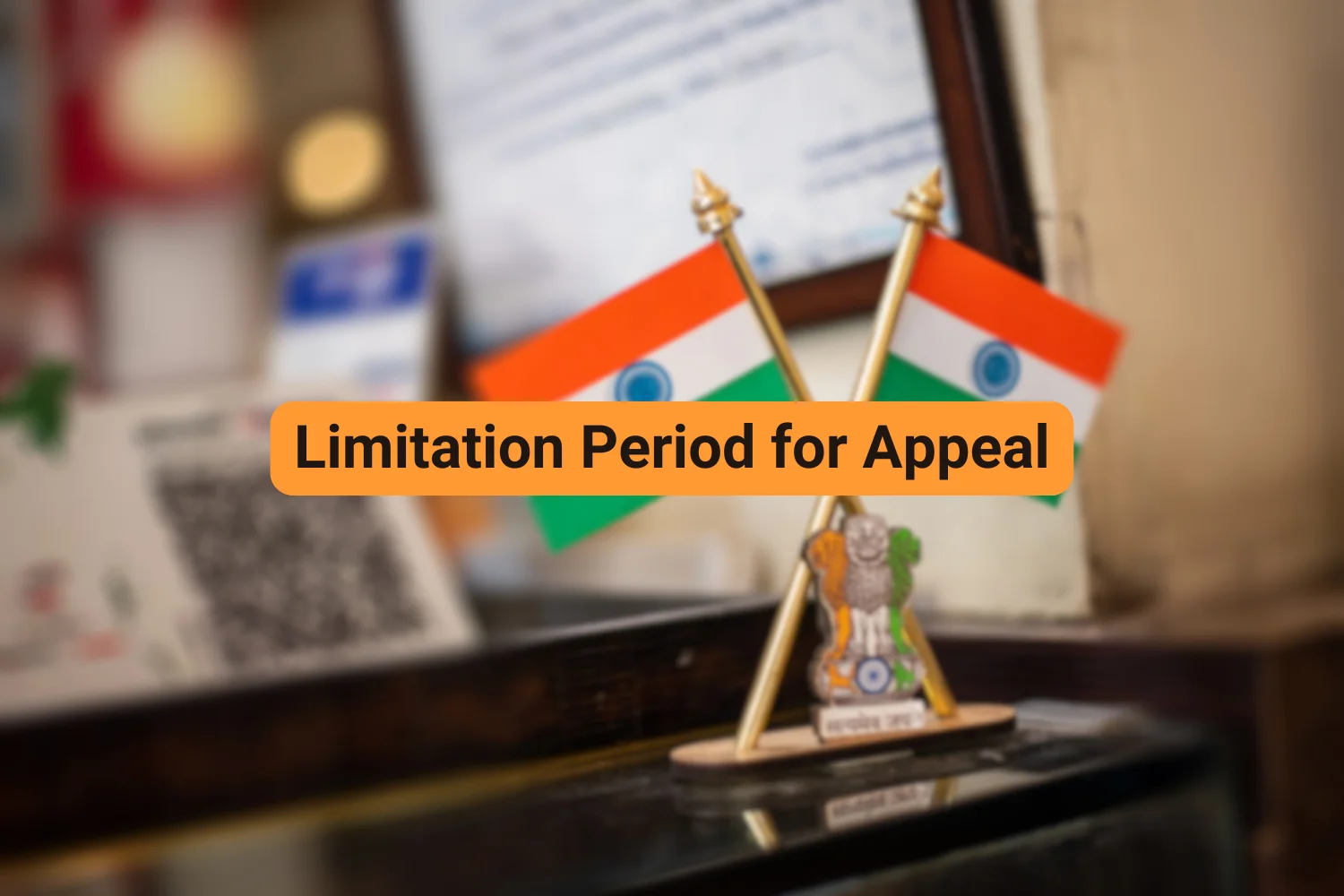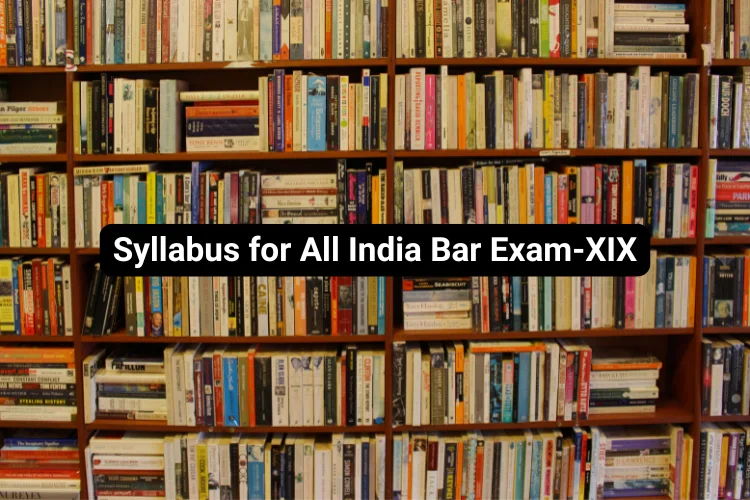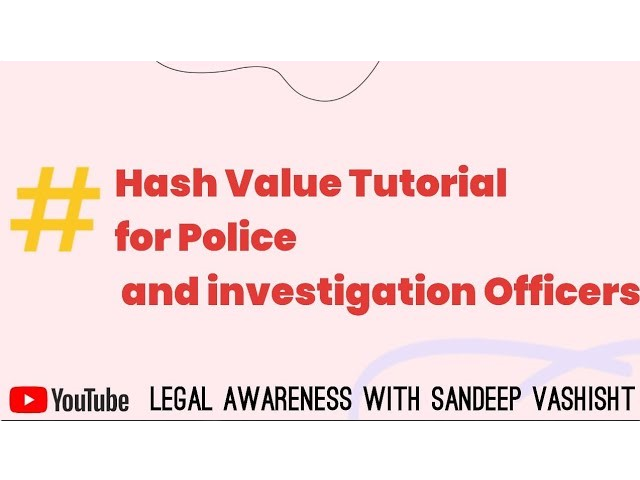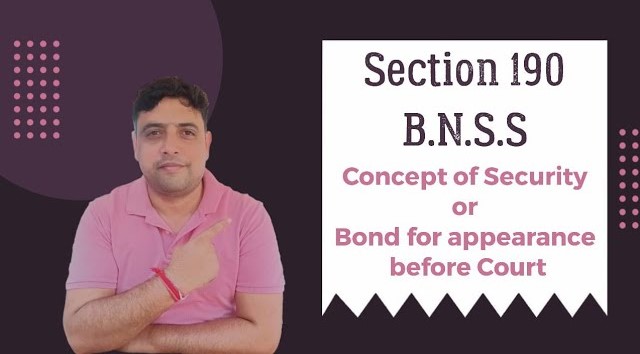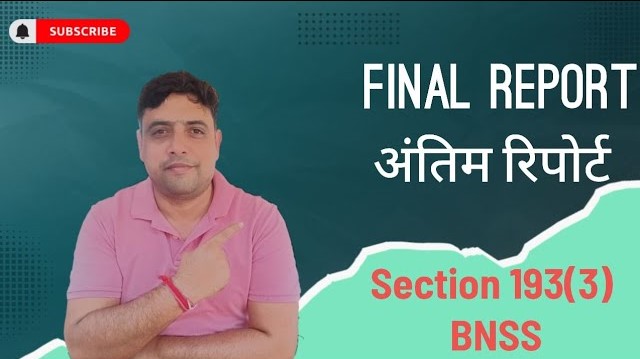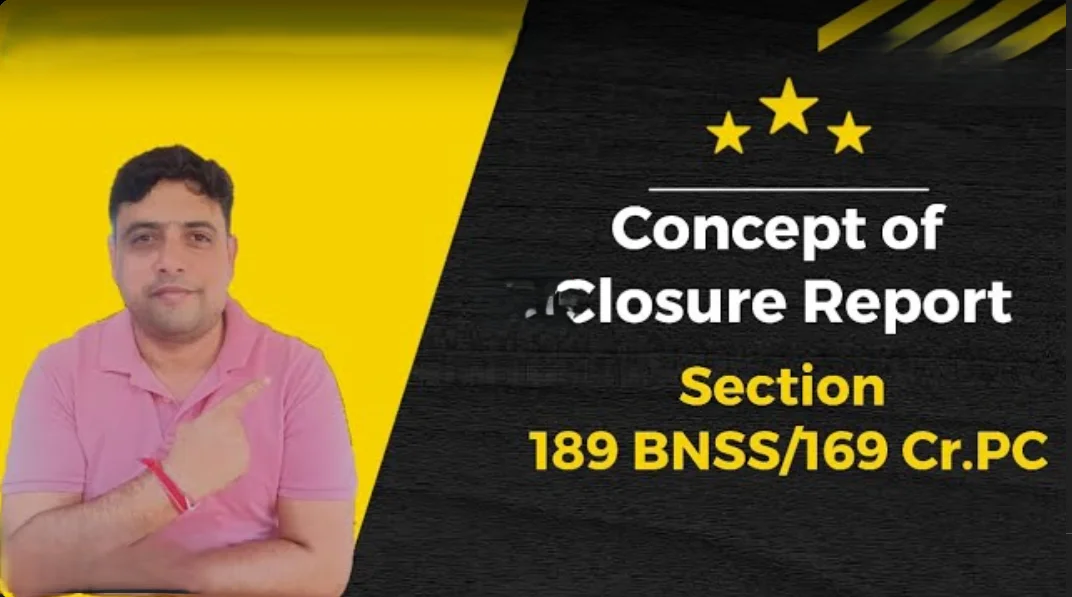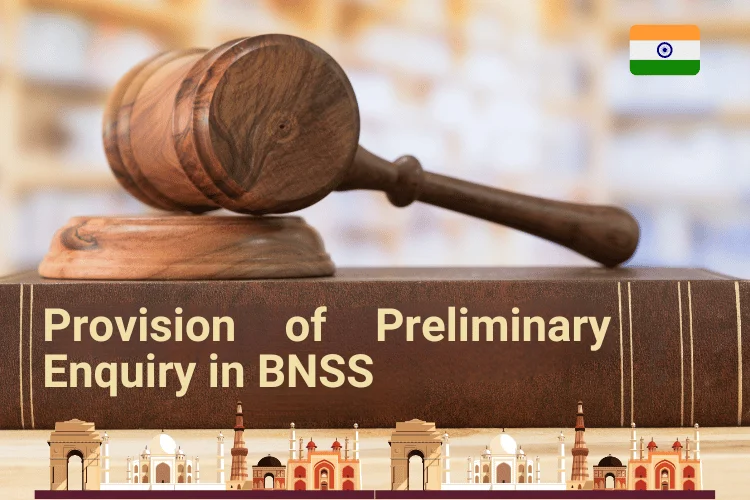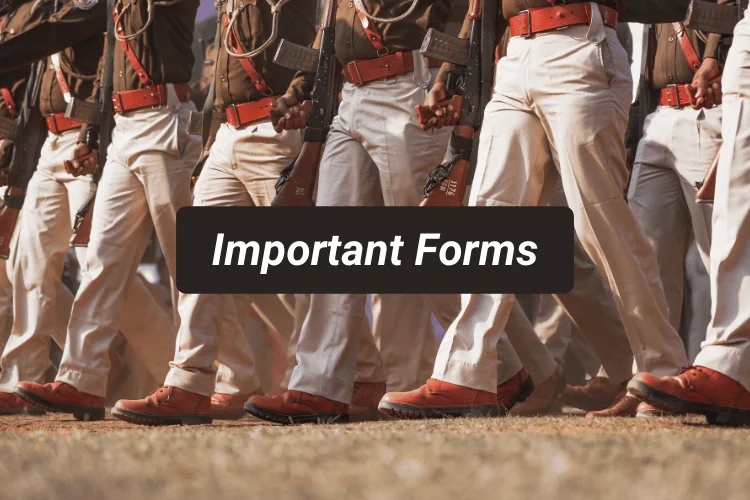VICTIMS COMPENSATION SCHEME
Empowering Victims, Enabling Justice: Victim Compensation Scheme under Section 357A
Section 357A of the Code of Criminal Procedure (CrPC)
Victim Compensation Scheme is a a Beacon of Hope for Those Who Suffer. It highlights the concept of Justice with Compassion.
-
- Every State Government, in coordination with the Central Government, shall prepare a scheme for providing funds for compensation to victims or their dependents.
Quantum of Compensation
The District Legal Service Authority or State Legal Service Authority shall decide the quantum of compensation to be awarded under the scheme.
Recommendation for Compensation
The trial Court may make a recommendation for compensation if it finds the compensation awarded under Section 357 inadequate or if the case ends in acquittal or discharge.
Application for Compensation
The victim or their dependents may make an application to the State or District Legal Services Authority for compensation if the offender is not traced or identified.
Award of Compensation
The State or District Legal Services Authority shall conduct an inquiry and award adequate compensation within two months of receiving the recommendation or application.
Interim Relief
The appropriate authority may order immediate first-aid facilities, medical benefits, or other interim relief to alleviate the victim's suffering.
Case laws
Kulsum Bibi vs. State of Assam (WP(C) NO: 1547/2019) The court in this case has clarified the distinction between victim compensation under Section 357 and Section 357A of the Code of Criminal Procedure (CrPC). Here are the key points:
- Section 357
- Imposes a sentence of fine or death upon conviction
- Compensation is paid to the victim from the fine imposed on the accused as part of the sentence
- Section 357A:
- Mandates state governments to prepare a victim compensation scheme in coordination with the central government
- Provides funds for compensation to victims or their dependents who have suffered loss due to a crime
- Aims to compensate victims or their dependents for the recurrence of crime
The court has emphasized that victim compensation under Section 357A is fundamentally distinguishable from compensation under Section 357. While Section 357 provides compensation from the fine imposed on the accused, Section 357A provides compensation from a separate fund prepared by the state government in coordination with the central government.
Monohar Singh v. State of Rajasthan (2015) The Supreme Court in this case held:
-
- Determine just compensation considering medical expenses, pain, suffering, loss of earnings, and other factors.
- Punishment and compensation are separate aspects.
- Estimation may be necessary in the absence of evidence.
- Compensation can be awarded under Section 357 (accused's funds) and Section 357-A (State funds).
- Section 357-A ensures just compensation, regardless of the accused's financial capacity.
State of MP vs Mehtab 2015 SC
The court ordered:
-
- Accused to pay Rs. 2 lakhs
- State to pay Rs. 3 lakhs
- If accused fails, State to pay total Rs. 5 lakhs, Ensuring victim receives Rs. 5 lakhs compensation from either or both parties.
Luxmi vs Union of India (2014)
Facts: The court considered guidelines for acid attack cases.
Held: The court observed that:
- No restriction on compensation: There is no limit on the amount of compensation to be paid by the state government.
- State responsibility: Prevention of acid attacks is the responsibility of the State, and the State is liable to pay enhanced compensation.
- Dual purpose of enhanced compensation: Enhanced compensation will:
- Help victims in rehabilitation.
- Encourage the State to implement guidelines effectively to prevent future acid attacks.
- Direction to States and Union Territories: The court directed all States and Union Territories to:
- Consider the plight of acid attack victims.
- Take appropriate steps to include their names in the disability list.
Ratio Decidendi: The State has a responsibility to prevent acid attacks and provide adequate compensation to victims, which will aid in their rehabilitation and encourage the State to implement guidelines effectively to prevent future attacks.
Willingness to pay compensation and Bail
Willingness to pay compensation to the victim does not constitute a valid ground for granting bail to the accused. Allowing bail in exchange for compensation would create a dangerous precedent, enabling wealthy criminals to buy their freedom while undermining the criminal justice system's integrity and effectiveness.
The Jharkhand High Court in Sumit Kumar Shaw v. State of Jharkhand (2020) held that considering payment of compensation as a condition for granting bail would be contrary to the law and have a devastating impact on the criminal justice system. It would enable individuals with criminal intentions to roam free, armed with a weapon in one hand and a purse full of money in the other. Therefore, the court should not entertain any submission from the accused offering to pay compensation in exchange for bail.
Section 357B - Compensation to be in addition to fine under section 3264 or 376D, IPC-
This section states that the compensation paid by the State Government under Section 357A will be in addition to any fine paid to the victim under the following sections of the Indian Penal Code:
-
- Section 326A (acid attack)
- Section 376AB (punishment for rape)
- Section 376D (gang rape)
- Section 376DA (punishment for gang rape on a woman under 16 years)
- Section 376DB (punishment for gang rape on a woman under 12 years)
In other words, the victim will receive both the compensation from the State Government and the fine paid by the accused under these sections.
Section 357C Treatment of Victims
This provision that mandates hospitals to provide immediate and free medical treatment to victims of certain crimes, including:
-
- Acid attack (Section 326A)
- Rape (Section 376)
- Other sexual offenses (Sections 376A, 376AB, 376B, 376C, 376D, 376DA, 376DB, and 376E)
Hospitals, whether public or private, are required to:
-
Provide first-aid or medical treatment free of cost to the victims.
-
Inform the police immediately about the incident.
This provision aims to ensure that victims receive prompt medical attention and that crimes are reported to the authorities without delay.
In Tekan v. State of Madhya Pradesh, the Supreme Court emphasized the need for a uniform victim compensation scheme, noting:
Tekan vs State of Madhya Pradesh 2015
-
- No amount of money can fully restore a victim's dignity and well-being.
- Vulnerable victims may require alternative forms of assistance.
- The court criticized varying compensation amounts (Rs. 20,000 to Rs. 10,00,000) and urged states to establish a uniform scheme, citing Goa's scheme (up to Rs. 10,00,000) as a model.
SECTION 358 COMPENSATION TO PERSON GROUNDLESSLY ARRESTED :
Section 358 of the Code of Criminal Procedure (CrPC), deals with compensation to persons who have been groundlessly arrested. According to this section-
- If a person causes a police officer to arrest another person without sufficient grounds, the Magistrate can award compensation to the arrested person. Which is to be paid by the person so causing the arrest.
- The compensation amount cannot exceed ₹1,000 (one thousand rupees).
- If multiple persons are arrested, each person can be awarded compensation and the amount of compensation not exceeding one thousand rupees.
- The compensation can be recovered like a fine.
- If the compensation cannot be recovered, the person who caused the arrest may be sentenced to simple imprisonment for up to 30 days, or until the sum is paid.
This section aims to provide relief to individuals who have been wrongly arrested and suffered loss of time and expenses as a result.
ORDER TO PAY COSTS IN NON COGNIZABLE CASES [ SECTION 359]
Section 359 of the Code of Criminal Procedure (CrPC), which deals with the payment of costs in cases of non-cognizable offenses leading to conviction. The key points are:
In addition to imposing a penalty, the court may order the accused to pay costs to the complainant.
- The costs include:
- Process fee
- Pleader's fee (advocate's fee)
- Charges to witnesses
- Other expenses incurred by the complainant
- If the accused fails to pay the costs, they may be sentenced to simple imprisonment for a period not exceeding 30 days.
- An order under this section can also be made by:
- Appellate court
- High Court
- Court of Session
This section aims to provide compensation to the complainant for the expenses incurred in pursuing the case, and to hold the accused accountable for the costs incurred due to their wrongdoing.
"Empowering your legal journey, one resource at a time. Welcome to Vidhoon, your trusted hub for
comprehensive law notes, practical guidance, and expert support.
Explore, learn, and succeed with us!







